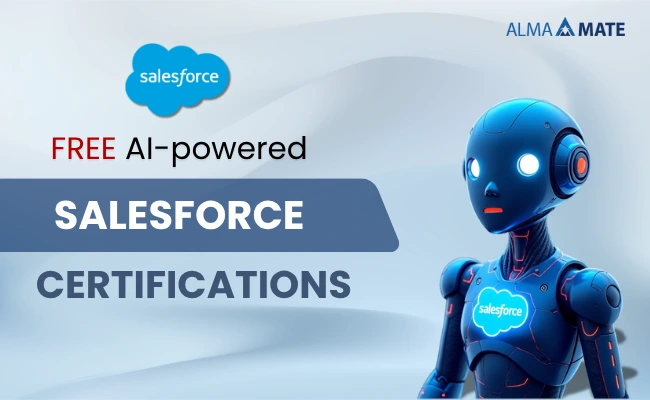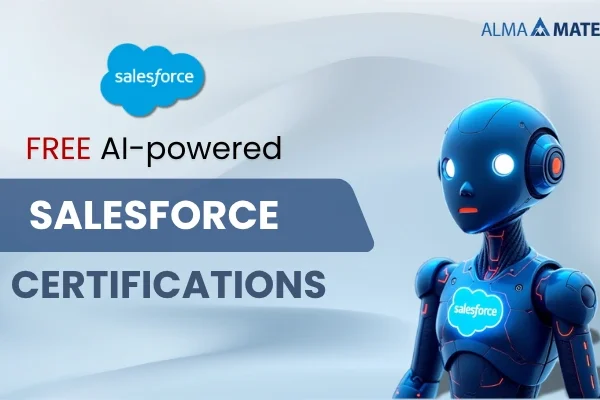Object-Oriented Programming in Salesforce

Introduction:
Salesforce, the renowned customer relationship management (CRM) platform, has revolutionized the way businesses manage their customer interactions. With its extensive customization options, Salesforce allows developers to tailor the platform to suit specific business needs. A key feature that sets Salesforce apart is its support for object-oriented programming (OOP) principles, empowering developers to create scalable and efficient solutions. In this blog post, we will explore the concept of object-oriented programming in Salesforce and how it enhances development capabilities.
Understanding Object-Oriented Programming:
Object-oriented programming is a programming paradigm that revolves around the organization of data and behavior into reusable structures known as objects. Objects are instances of classes, which serve as blueprints defining their attributes and actions. OOP emphasizes encapsulating data and functionality within these objects, promoting modularity, code reusability, and simplified maintenance.
Classes and Objects in Salesforce:
Salesforce’s Apex programming language, utilized for customizing and extending Salesforce functionality, fully embraces the principles of OOP. In Apex, a class acts as a template that defines the properties and methods for an object. Objects, in turn, represent specific instances of a class.

Benefits of Object-Oriented Programming in Salesforce:
1. Modularity and Reusability
OOP allows developers to create modular and reusable code components. By encapsulating related data and behavior within objects, developers can reuse them across different parts of the Salesforce application. This saves time and effort, enhances code consistency, and simplifies maintenance.
2. Abstraction
OOP in Salesforce provides abstraction, which allows developers to hide complex implementation details behind simplified interfaces. This simplifies the usage and understanding of code components, making them more intuitive for other developers working on the project.
3. Inheritance
Inheritance is a fundamental concept in OOP that enables the creation of new classes by inheriting properties and methods from existing ones. In Salesforce, developers can leverage inheritance to extend and customize standard Salesforce objects or create custom objects based on predefined templates. This promotes code reuse, reduces redundancy, and ensures consistency across the application.

4. Polymorphism
Polymorphism, another key feature of OOP, allows objects of different classes to be treated as instances of a common superclass. In Salesforce, polymorphism enables developers to write generic code that can handle multiple object types. This flexibility enhances the extensibility of Salesforce applications and simplifies the implementation of complex business logic.

5. Encapsulation and Data Security
OOP promotes encapsulation, which ensures that the internal state of an object is protected from direct external access. In Salesforce, this feature enhances data security by allowing developers to define access modifiers for class members, restricting their visibility and preventing unauthorized access or modification.

Conclusion:
Object-oriented programming is a powerful paradigm that greatly enhances development capabilities in Salesforce. By leveraging OOP principles, developers can create modular, reusable, and scalable solutions. The use of classes and objects, along with concepts like inheritance, polymorphism, and encapsulation, enables the construction of robust applications that can easily adapt to changing business requirements. Understanding and utilizing object-oriented programming in Salesforce is crucial for developers looking to optimize their code and deliver efficient solutions on the platform.















